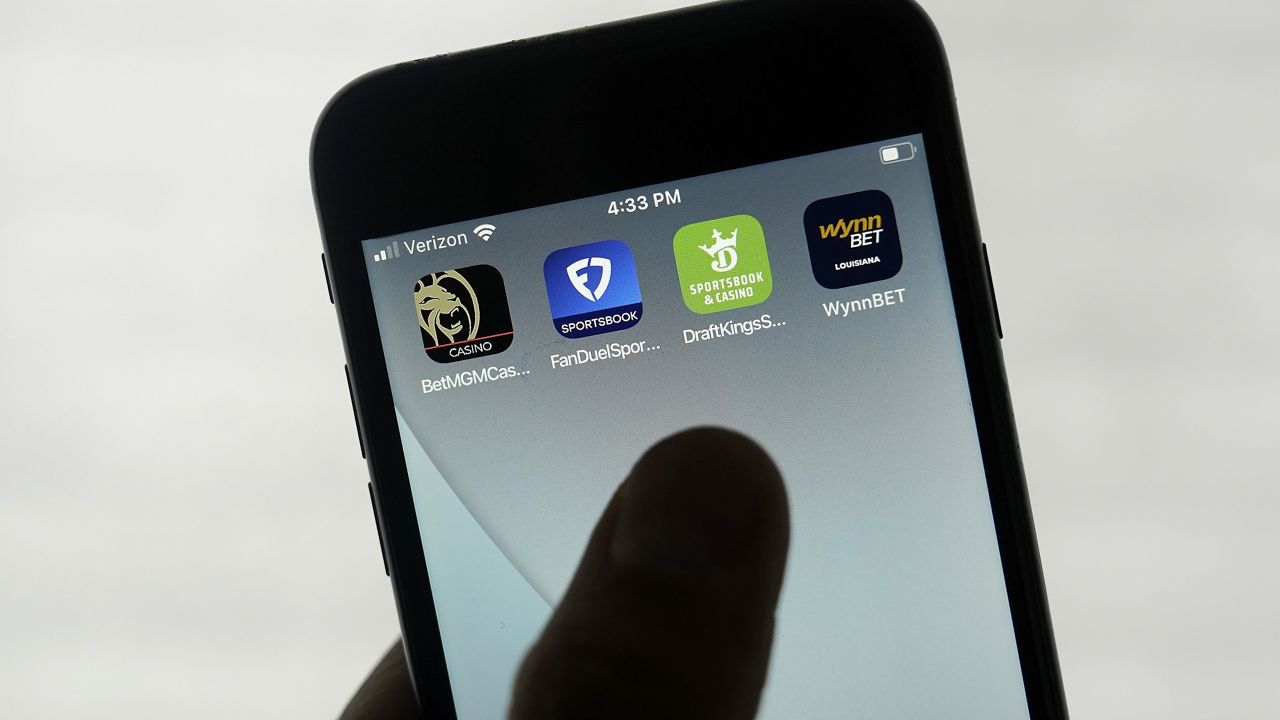Gambling
Gambling is ‘public health threat,’ panel of experts says

Gambling has emerged as “a neglected, understudied, and expanding public health threat” throughout the world, a panel wrote in The Lancet medical journal Thursday.
What You Need To Know
- Gambling has emerged as “a neglected, understudied, and expanding public health threat” throughout the world, a panel wrote in The Lancet medical journal Thursday
- The Lancet’s Public Health Commission on gambling wrote in its report that the growth of the gambling industry has been fueled by online gaming, easier access through mobile devices, legalization and the introduction of commercial gambling to new areas
- As a result, 46.2% of adults and 17.9% of adolescents are estimated to have gambled globally in the past year, according to the commission’s analysis
- Arguing that balancing public health and economic interests is crucial, the commission issued a series of recommendations
The Lancet’s Public Health Commission on gambling wrote in its report that the growth of the gambling industry has been fueled by online gaming, easier access through mobile devices, legalization and the introduction of commercial gambling to new areas.
As a result, 46.2% of adults and 17.9% of adolescents are estimated to have gambled globally in the past year, according to the commission’s analysis. That translates into about 80 million of the nearly 450 million adults who placed bets experiencing a gambling disorder or problematic gambling, the report said.
Some form of gambling is now legal in more than 80% of countries, with betters’ net losses projected to reach nearly $700 billion by 2028, the report said. And with online access, gambling is available everywhere, the authors added.
“Gambling can inflict substantial harm on individuals, families, and communities,” the commission wrote. “Beyond the obvious danger of financial losses and financial ruin, these harms can include loss of employment, broken relationships, health effects, and crime-related impacts. Gambling can heighten the risk of suicidality and domestic violence.”
The report’s authors wrote that the consequences of the digitalization of the gambling industry — which also includes highly targeted advertising — have not yet been fully recognized. They said that the industry has developed partnerships with media and social media companies and sports leagues that make it part of a “corporate ecosystem” that “wields substantial influence over policy” and regulation.
The gambling industry has staved off broader policy changes by focusing its narrative on individual responsibility, the commission wrote.
“However, framing the problem in this way and narrowly focusing policy attention on a small subset of the people who gamble draws attention away from industry practices and corporate behaviour,” the authors wrote in the U.K.-based journal. “We must also seriously examine the structures and systems that govern the design, provision, and promotion of gambling products.”
Governments, meanwhile, are conflicted because of the tax revenues they collect from legal betting, the panel wrote.
Arguing that balancing public health and economic interests is crucial, the commission issued a series of recommendations. They include effective regulation in all countries, even those where wagering is not legal, including bans or restrictions on gambling access, marketing and sponsorships.
The commission recommended regulatory provisions that would protect children and young people by enforcing minimum age requirements and mandatory identification. According to The Lancet’s analysis, more than 10% of adolescents have gambled online despite a widespread agreement that commercial betting among adolescents should be prohibited.
The authors also call for affordable, universal support and treatment for gambling harms and campaigns to raise awareness about the dangers. And they suggested international coordination to develop strategies aimed at helping protect people from gambling harms.
“Our conclusion is clear: gambling poses a threat to public health, the control of which requires a substantial expansion and tightening of gambling industry regulation,” the commission said. “Timely response to this growing worldwide threat necessitates concerted action at intergovernmental, national, and regional government levels.









